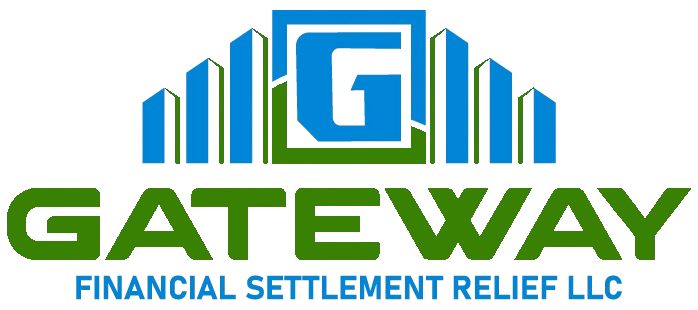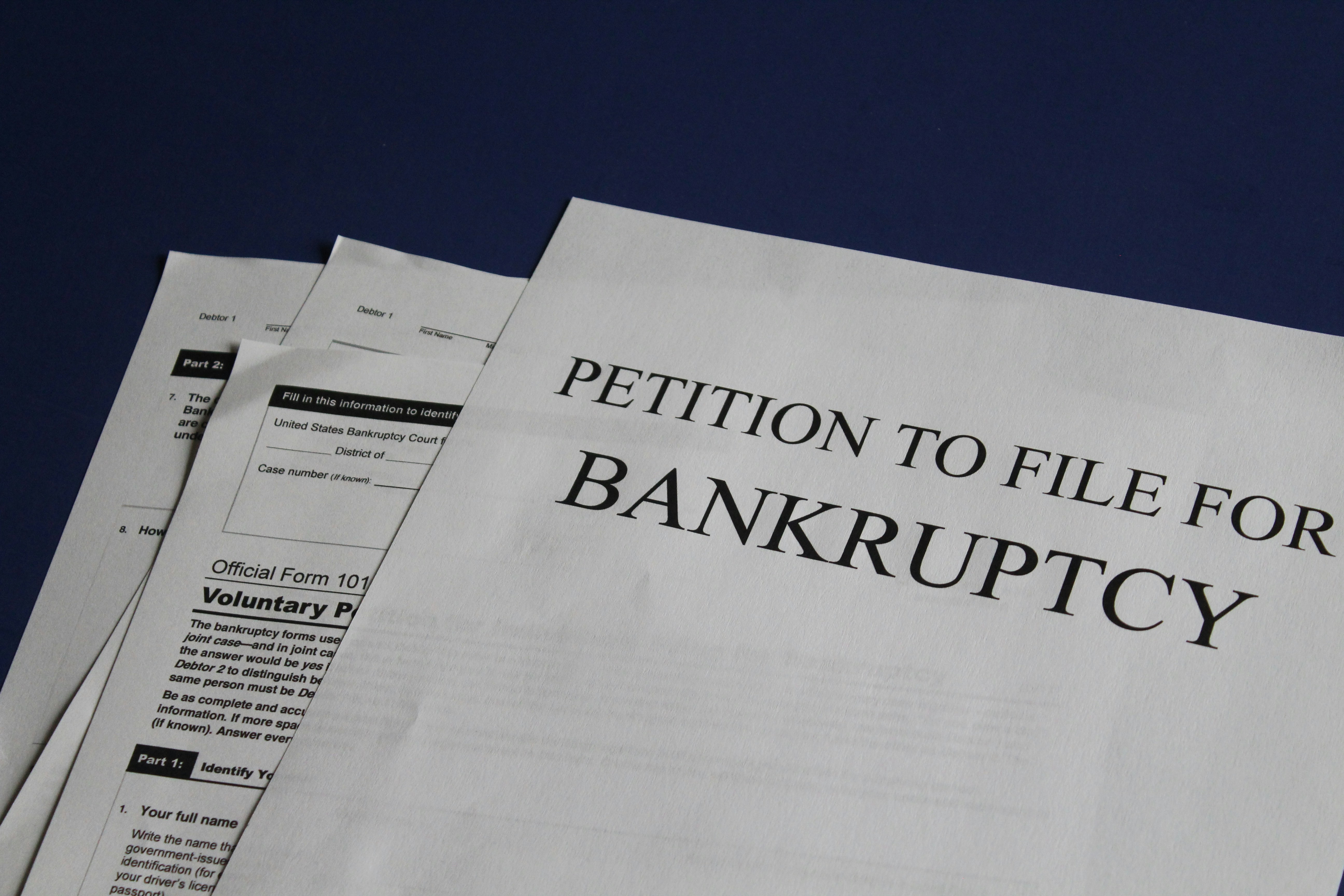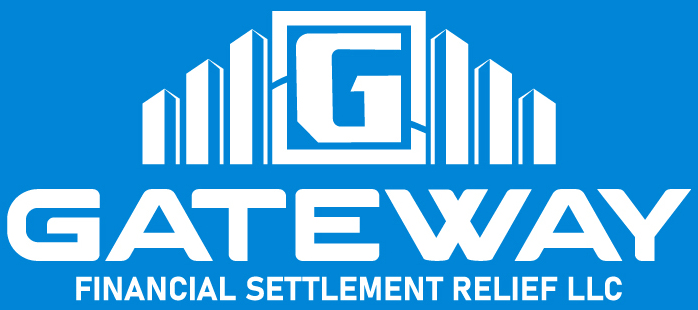Understanding Debt Settlement
Debt settlement is a financial strategy employed by individuals aiming to alleviate overwhelming debt burdens. This process involves negotiating directly with creditors to reduce the total amount owed, enabling debtors to pay a lesser sum to fully satisfy their obligations. Unlike bankruptcy, which often involves legal proceedings and can lead to long-lasting implications on credit scores, debt settlement provides a more flexible approach to resolving financial difficulties.
The debt settlement process typically begins when an individual or a professional debt settlement company reaches out to creditors on behalf of the debtor. The goal is to propose a lump-sum payment that is significantly lower than the original amount owed. Creditors may be willing to consider this arrangement due to the prospect of receiving at least a portion of the owed amount rather than risk not being paid at all. Debt settlement can often lead to a reduction of anywhere from 30% to 80% of the outstanding debt, depending on the specific circumstances and the negotiation skills applied.
One of the primary advantages of opting for debt settlement over bankruptcy is the potential for lower payments and faster resolution of financial issues. Settling debts can take considerably less time compared to the lengthy bankruptcy process, which may stretch on for several years. Furthermore, individuals who settle their debts typically avoid the severe long-term negative consequences associated with bankruptcy filings, such as the lingering impact on credit reports for up to ten years. Consequently, debt settlement can often be viewed as a smarter choice for those seeking a viable method to regain financial stability while minimizing long-term repercussions.
The Drawbacks of Bankruptcy
Declaring bankruptcy can seem like a straightforward solution to overwhelming financial problems, but it carries significant drawbacks that merit close examination. One of the most immediate consequences of filing for bankruptcy is the impact on an individual’s credit score. A bankruptcy filing can drastically lower a credit score by 200 points or more, depending on the individual’s financial history. The drop in creditworthiness can restrict access to new credit, influence insurance premiums, and even affect employment opportunities, as many employers conduct credit checks during the hiring process.
Moreover, the bankruptcy notation can linger on a credit report for up to ten years, creating long-term challenges for individuals attempting to rebuild their financial standing. While other negative marks, such as late payments or collections, may only remain for seven years, the extended presence of bankruptcy can significantly hinder one’s ability to secure low-interest loans or favorable terms on mortgages, further entrenching financial difficulties.
Social stigma is another less tangible but profound drawback of bankruptcy. Many individuals view bankruptcy as a failure, leading to feelings of shame and isolation. This societal perception can complicate personal relationships and overall mental well-being, causing stress in both personal and professional settings.
The bankruptcy process itself is rife with complexities that can deter individuals from pursuing it as a solution. Navigating the legalities associated with filing can be daunting, often requiring the assistance of an attorney, which can add to the financial burden. Additionally, filers risk losing important assets, such as real estate or vehicles, depending on the state laws and the type of bankruptcy filed. As a result, many individuals may find that alternatives, such as debt settlement, represent a more appealing and less damaging solution in addressing their financial problems.
Benefits of Choosing Debt Settlement
When faced with overwhelming debt, individuals often find themselves weighing their options between debt settlement and bankruptcy. One of the primary benefits of opting for debt settlement is the potential to preserve one’s credit standing. Unlike bankruptcy, which can remain on a credit report for up to ten years, debt settlement usually leaves a less damaging mark. Consumers who choose to settle their debts often notice a gradual return to improved credit scores as they complete negotiations and fulfill their obligations, allowing them to regain financial stability more swiftly.
Additionally, debt settlement can substantially reduce the amount owed. Many creditors are willing to accept a fraction of the overall debt as a full settlement in order to recoup some funds rather than potentially receiving nothing through bankruptcy proceedings. For instance, it is not uncommon for consumers to negotiate their debts down to 50% or less, providing significant financial relief. This means that debtors can resolve their financial issues while saving a considerable amount of money in the long run. The savings realized through successful negotiations are a compelling incentive for individuals to consider debt settlement over bankruptcy.
Moreover, debt settlement grants consumers a greater degree of control over their financial situation. Unlike bankruptcy, which imposes a court-structured plan, debt settlement allows individuals to negotiate directly with creditors. This process empowers them to manage their payments based on what they can afford, thereby fostering a sense of ownership in their recovery journey. Real-life examples indicate that many people who engage in debt settlement often experience a faster route to financial recovery. A study by the American Fair Credit Council found that consumers who pursued debt settlement achieved debt relief at an average of 30% less than their original debt amount and did so in a shorter timeframe compared to those who filed for bankruptcy.
How Gateway Debt Help Can Assist You
Gateway Debt Help is committed to providing essential support to individuals facing financial challenges, specifically those exploring debt settlement options. The process of negotiating settlements with creditors can often be overwhelming and complex. Fortunately, the expert team at Gateway Debt Help specializes in assisting clients in navigating these difficulties. From the initial consultation to the final settlement agreement, their dedicated professionals guide clients through each step, ensuring a clear understanding of the process and the steps involved.
One of the key advantages of enlisting the services of Gateway Debt Help is their extensive experience in negotiating with a variety of creditors. Their team is well-versed in the nuances of debt settlement, which allows them to effectively advocate on behalf of their clients. They work diligently to negotiate favorable terms that best suit the client’s financial situation. Not only do they aim for a resolution that reduces the total payment owed, but they also prioritize establishing manageable repayment terms. This strategic approach can significantly ease the financial burden for individuals striving for a debt-free future.
Moreover, maintaining compliance throughout the debt settlement journey is paramount to achieving a successful outcome. Gateway Debt Help emphasizes the importance of adhering to legal and regulatory requirements during negotiations, which helps safeguard clients from potential disputes or repercussions. Their expertise ensures that clients remain informed and compliant throughout the entire process, providing peace of mind as they work towards financial recovery.
Success stories from satisfied clients further demonstrate the effectiveness of Gateway Debt Help’s services. Many clients have expressed gratitude for their thoughtful approach and impactful negotiation strategies, which often lead to reduced debt loads and improved financial stability. These testimonials serve as a testament to the value that Gateway Debt Help provides to those in need of effective debt management solutions.


